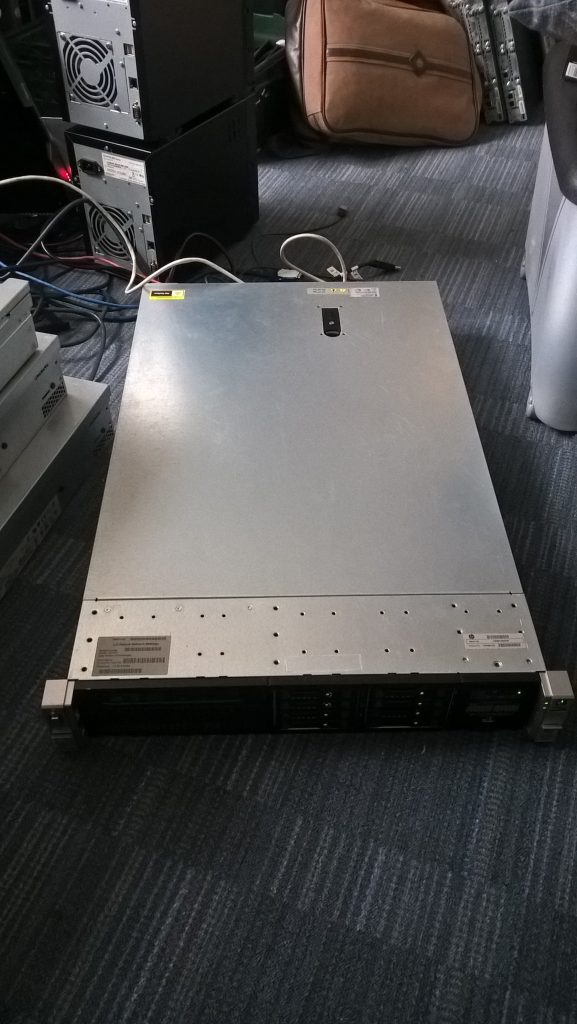The Hidden Cost of E-Waste: How Our Old Electronics Endanger Lives in Ghana
In the heart of Accra, Ghana, lies a sprawling e-waste dump known as Agbogbloshie, where discarded electronics from around the globe converge. While this site serves as a graveyard for our outdated devices, it poses grave dangers to the health of local residents who depend on this environment for their livelihoods.
Every morning at dawn, Ibrahim starts his day early. By 8 AM, he can be found laboring over a smoke-filled fire, methodically burning insulation from copper wires. His work as a “burner boy” involves sifting through mountains of electronic waste in search of valuable components like circuit boards and wiring. For the past eight years, this has been his daily reality.
Agbogbloshie spans approximately 20 acres and is located adjacent to the Old Fadama slum, a settlement that has attracted rural migrants seeking economic opportunities since the 1980s. While the government regards the area as plagued by poor sanitation and crime, residents like Ibrahim see it as a vital source of income amid pressing poverty.
The statistics surrounding e-waste in Ghana are staggering. It is estimated that over 85% of the electronics and electrical components entering the country come from Europe, with a significant portion ultimately discarded as waste. In fact, only about 35% of second-hand electronics in Europe are managed responsibly through proper recycling systems. The remainder is often improperly disposed of or sent to countries like Ghana, Benin, and Nigeria. By 2009, Ghana was receiving roughly 215,000 tonnes of e-waste annually—an alarming average of nine kilograms for every resident.
The impact of this toxic influx on the local community cannot be overstated. As these individuals navigate through mountains of hazardous materials, they face exposure to dangerous substances that can lead to severe health problems.
The plight of Agbogbloshie serves as a stark reminder of the environmental responsibility we share when it comes to electronic waste. The next time you upgrade your technology, reflect on the far-reaching consequences of your discarded devices and consider the lives that can be affected by our outdated electronics.
For further insights on the e-waste crisis in Ghana, check out this in-depth article: Wired Magazine – Ghana’s e-waste dump.
Share this content:




Thank you for sharing this compelling post. As a technical support engineer, I want to highlight the importance of proper e-waste recycling and management. To help mitigate these issues, I recommend encouraging responsible disposal practices among users. If you’re managing a website or platform related to electronics or recycling, consider implementing the following:
If you need assistance integrating such features into your WordPress site, I can help suggest plugins or custom code snippets. Promoting awareness and responsible e-waste management can contribute positively to addressing the environmental and health issues discussed in your post.